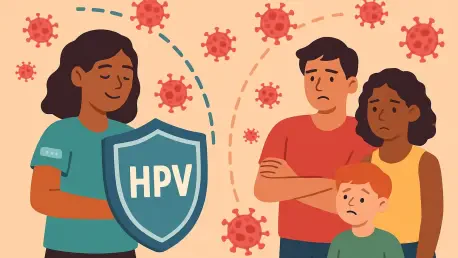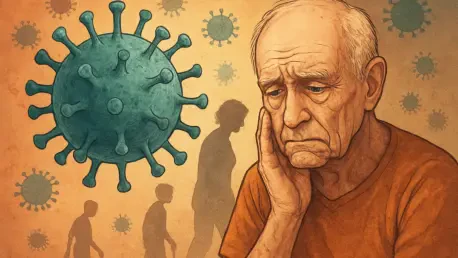
A sweeping nationwide study from Sweden has delivered a definitive answer to one of public health’s most critical questions, demonstrating that high-coverage vaccination programs against the human papillomavirus (HPV) create a powerful shield of protection that extends even to those who have not

The daily ritual of drinking coffee or tea may hold deeper health implications than previously understood, and the secret appears to lie not in the cup, but within our own DNA. A landmark study leveraging large-scale genetic data has uncovered a compelling causal link between the way an

The development of new medicines for the most critically ill patients is a path fraught with immense challenges, where promising breakthroughs can be abruptly overshadowed by unforeseen safety concerns. In a significant and unexpected development, London-based biopharmaceutical company Pulmocide

The persistent feeling of being physically older and less resilient following a serious illness is no longer just a subjective complaint but is now understood as a tangible biological process driven by cellular damage. Many who recover from infections like influenza or COVID-19 report lingering

A comprehensive analysis of recent oncological research has illuminated a remarkably promising therapeutic strategy for hepatocellular carcinoma (HCC), a notoriously aggressive and increasingly prevalent form of liver cancer. This investigation centers on the synergistic application of two natural

A significant portion of cancer patients do not respond to immunotherapy because their tumors are immunologically inactive, but a groundbreaking collaborative study from Cornell University researchers has unveiled a remarkable solution using ultrasmall fluorescent silica nanoparticles, known as